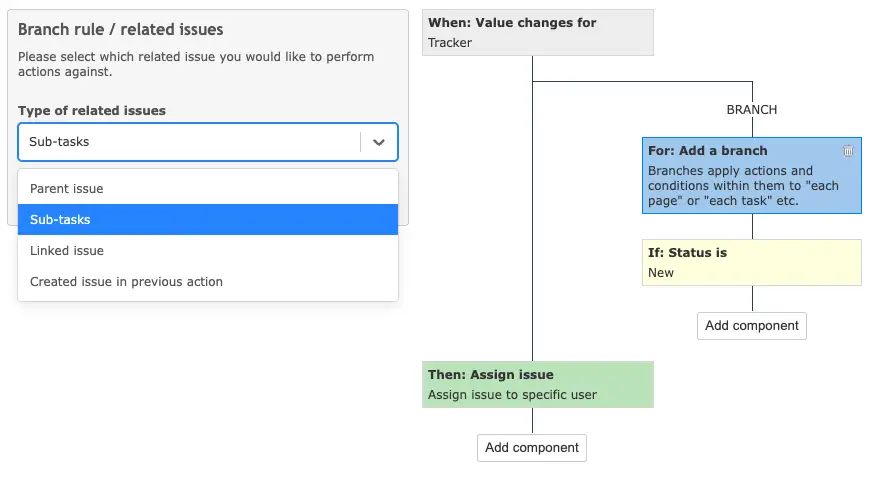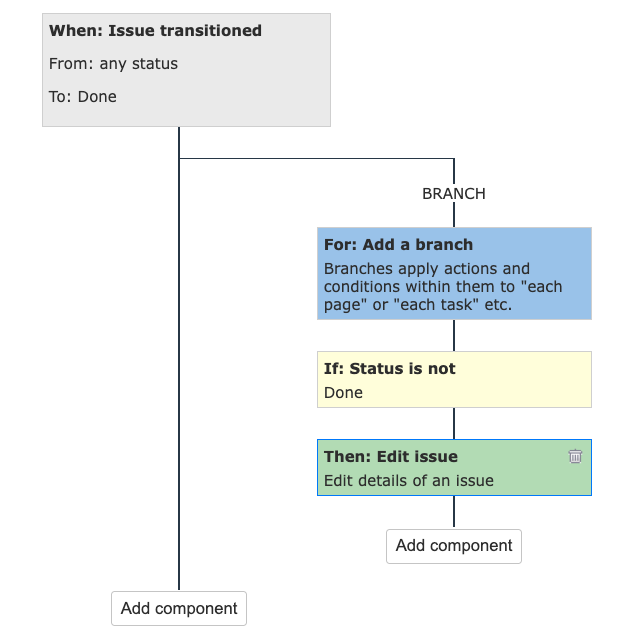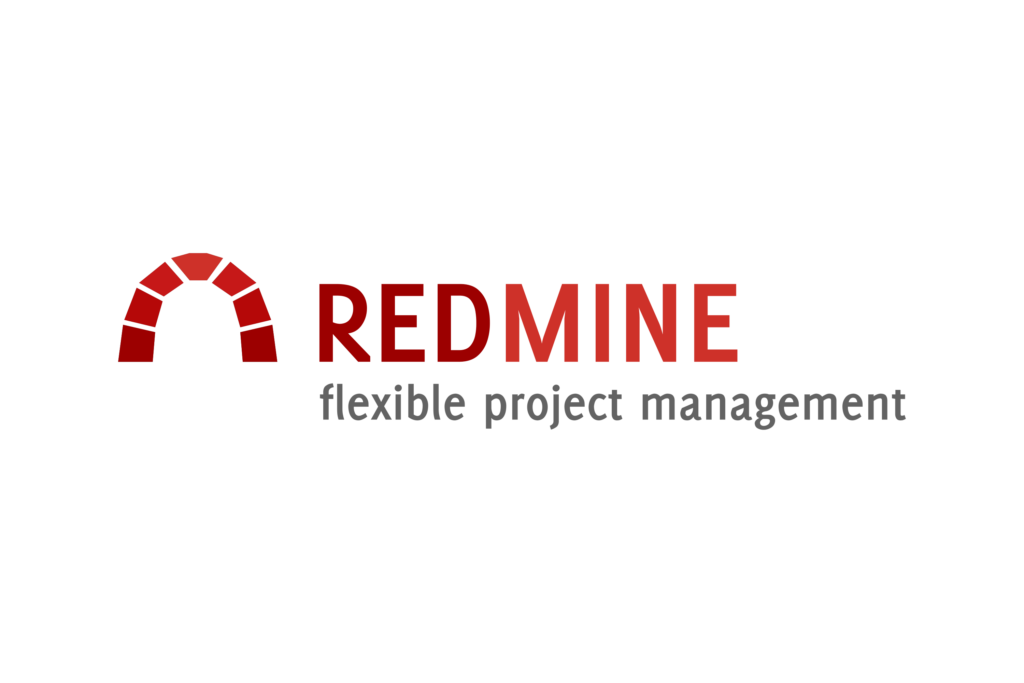
The Redmine Automation plugin eliminates manual, repetitive tasks by streamlining and automating your team’s processes and workflows boosting efficiency and productivity.
The Redmine Automation Plugin brings powerful, rule-based automation to your Redmine projects—eliminating the need for manual, repetitive actions. Inspired by the functionality of Jira Automation, this plugin allows you to streamline workflows, boost team efficiency, and reduce human error with ease.
Create custom rules using triggers (like issue creation or status change), set conditions (such as priority or tracker), and define actions (like assigning users, updating fields, or sending notifications). Whether you’re managing support tickets, development tasks, or business workflows, this plugin adapts to your process—automating it all behind the scenes.
Create rules to handle routine actions like status changes, field updates, or notifications.
Trigger actions based on issue events—creation, update, status change, and more.
Built natively for Redmine. Works perfectly with your existing projects and custom fields.
Let your team focus on what matters by reducing manual overhead.
No code experience is needed to operate within our add-on.
If you’ve used Jira’s automation rules, you’ll feel right at home. The same power, now inside Redmine.
e.g., Issue created, updated, status changed.
Define filters like priority, tracker, or assignee.
Update fields, assign users, send notifications, and more.
Tired of manually assigning new issues to team members? With Redmine Automation, you can automatically assign newly created issues based on your preferred logic—such as round-robin distribution, fixed user assignment, or balanced workload.
Whether you’re managing a helpdesk, development team, or support queue, this automation ensures that no issue goes unassigned and that work is evenly distributed.
Keep your issue hierarchy clean and your workflows consistent by automatically closing all child issues when a parent issue is marked as completed. This automation rule ensures that once the main task is done, all related subtasks are properly wrapped up—saving you time and avoiding forgotten or orphaned issues.
Standardize your workflows and save setup time by automatically generating tasks and subtasks based on specific triggers. Whether you’re onboarding a new project, logging a customer request, or starting a bug report, this automation can instantly create a predefined set of issues to ensure nothing is missed.
Need to perform routine actions at specific times without manual intervention? With scheduled triggers, you can automate tasks to run daily, weekly, or at custom intervals, perfect for maintenance tasks, reminders, or workflow updates.
Enjoy free Redmine hosting for up to 5 users and 10 projects, with scalable plans and expert support as your team grows
Download and install on your server







We use cookies to improve your experience on our site. By using our site, you consent to cookies.
Websites store cookies to enhance functionality and personalise your experience. You can manage your preferences, but blocking some cookies may impact site performance and services.
Essential cookies enable basic functions and are necessary for the proper function of the website.